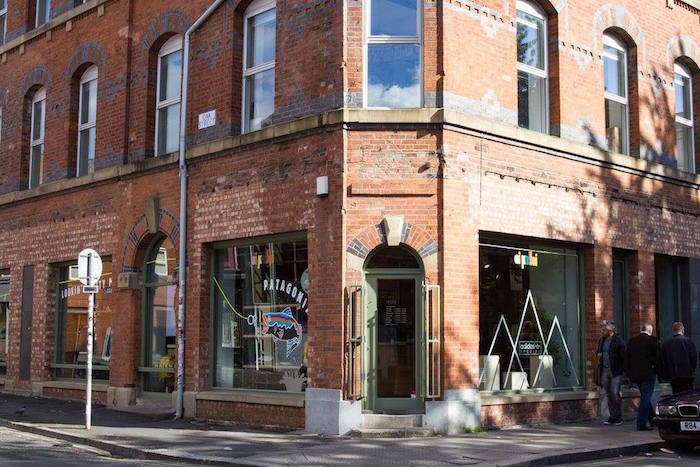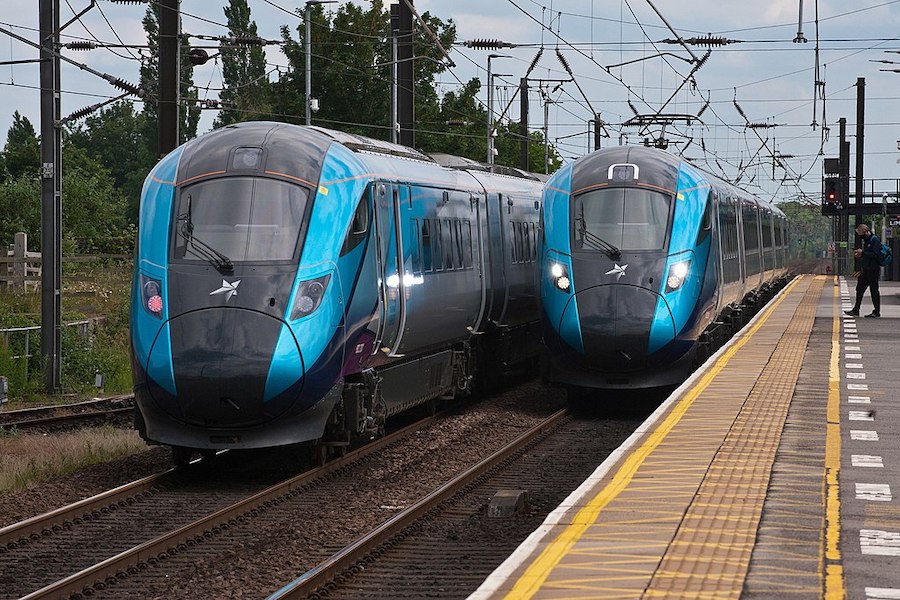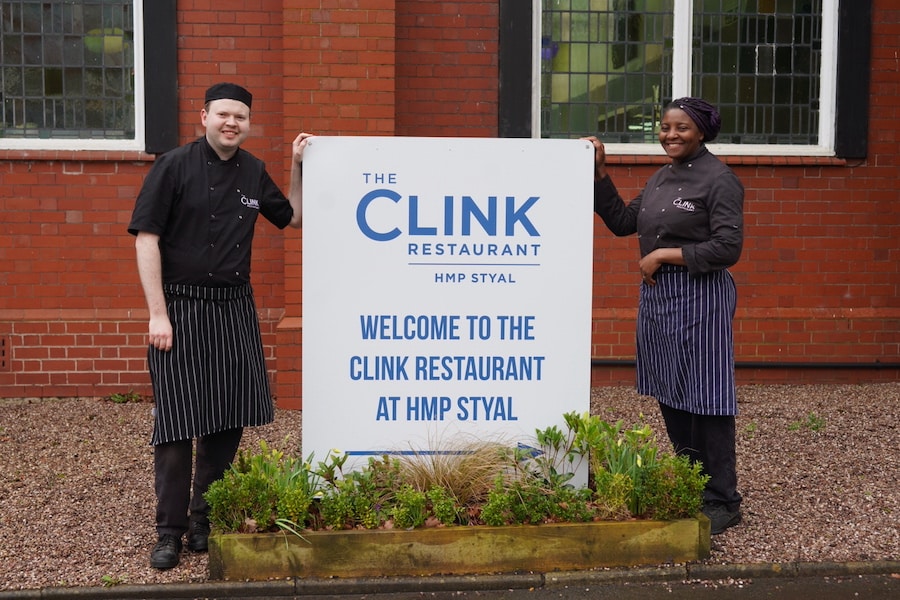Could paying in advance become standard practice in Manchester restaurants?
- Written by Louise Rhind-Tutt
- Last updated 7 years ago
- Business, City of Manchester, Food & Drink

Restaurants across the UK are understandably angry about diners not honouring bookings, and claim no-shows are having a devastating effect on their business.
One solution is to take pre-payment in the form of a deposit. Customers would be much more likely to turn up if they had already paid – as is standard practice for most other leisure activities.
So could paying for your meal in advance become the norm when dining out in future?
Damian Wawrzyniak, owner of House of Feasts in Peterborough, recently launched a #StopNoShow campaign to combat no-shows after revealing the cost to his business.
“I’m absolutely sick of No Shows!” he tweeted. “I’ve lost approximately £2.5k in two days because of it! I do understand last minute change of plans, but please understand we spend our lives in the kitchen to prepare food for you! We sacrifice our families for you! Show some respect. #StopNoShow.”
With 3 AA Rosettes for Culinary Excellence, Restaurant Mark Greenaway in Edinburgh is regularly cited as one of the country’s top dining destinations. But no-shows are threatening the survival of the business.
After 450 no-shows in December alone – “simply unsustainable for our small restaurant,” Mark said in a Facebook post – the 42-cover restaurant had no choice but to start charging customers a penalty fee of £30 for lunch or £50 for dinner if they cancel without giving 24 hours notice.
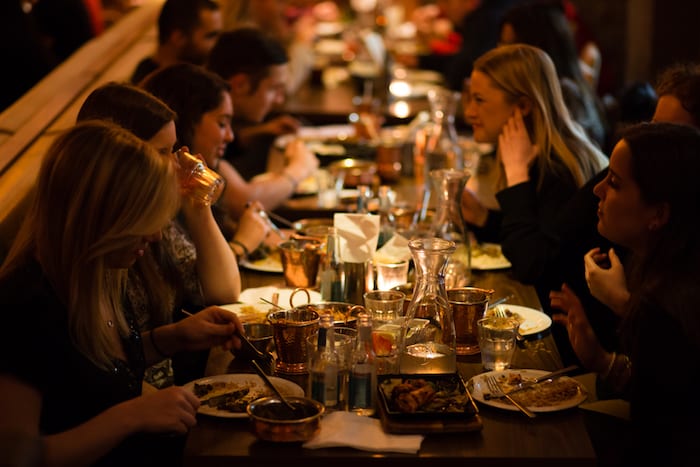
The impact of no-shows is also affecting Manchester restaurants, and many believe that something has to change – and fast.
“In this era of cashless online transactions, the phenomenon of not paying a deposit up-front to book a restaurant is looking like an inexplicable and unsustainable anachronism,” says Thom Hetherington, CEO of Northern Restaurant and Bar.
“We pay on booking for hotels, travel, sports, theatre, virtually every type of leisure activity, except restaurants, and that’s why this huge increase in ‘no-shows’ is killing them.”
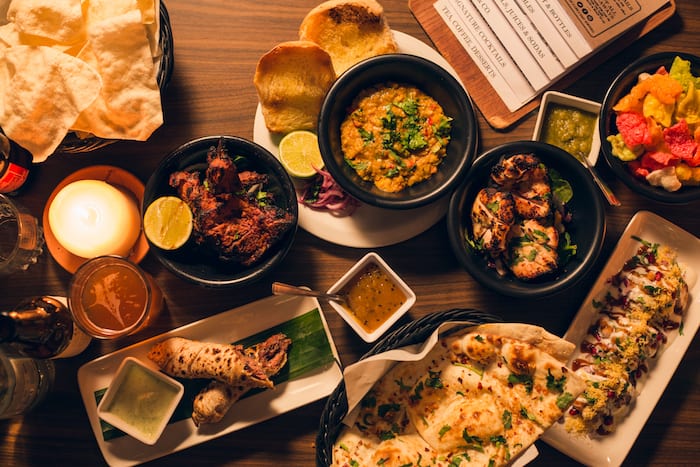
Haz Arshad, owner of the Mughli restaurants on Wilmslow Road and in Knutsford, is concerned about “a spate of last-minute cancellations and no-shows … which seems to be increasing with time.
“This weekend alone, we had 110 cancellations and no-shows across the two Mughli restaurants, so we know that something needs to be done,” he says.
Richard Brown, and Heather and James Taylor, co-founders of Beastro in Spinningfields, say the impact of no-shows on a small independent restaurant such as theirs should not be underestimated.
“It has become a huge issue for us,” says James. “The last week alone, we had over 15% of our evening booking no-show.
“The seriousness of it impacts staffing, food wastage and our running costs so dramatically that we may have to look at reducing evening opening if the situation continues.”
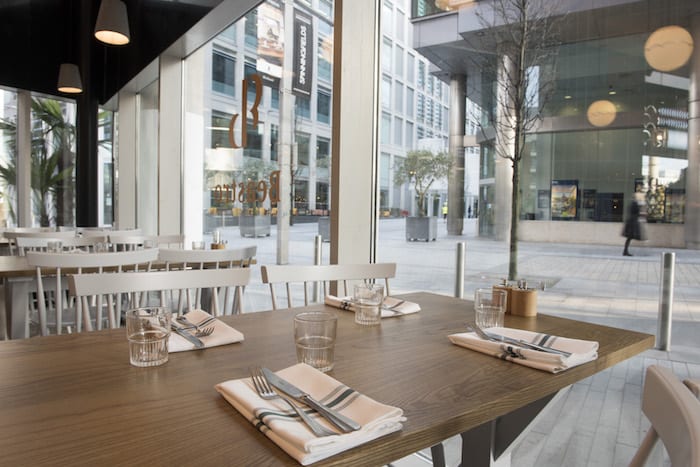
Thom believes that the anonymity of technology is one factor driving the increase in no-shows – “it’s harder to leave a restaurant in the lurch when you’ve chatted to them on the phone” – but there is also an increasing trend of people booking multiple restaurants for the same evening and picking one on the night.
“Some people routinely book four Saturday dinners as they don’t know where they want to eat, and then just pick one late on and no-show the others, ducking all attempts at communications,” says Thom.
“It’s pretty despicable. Some restaurants are losing 200-400 covers a week to no-shows, and others are seeing their Saturday night turnover cut by up to third.
“For most, walk-ins don’t come close to covering the loss. It’s not just hitting their profits, it’s affecting their survival, and cruelly it’s disproportionately affecting the indies we all profess to care about.”
The ease and anonymity of online booking should not be an excuse for no-shows, believes Haz at Mughli, as the technology also makes it easy to notify restaurants of changes in arrangements.
“We have invested heavily in our table management software which sends through confirmation emails as well as reminder texts, both of which contain links from which the customers can amend or cancel bookings, so there’s no real excuse for them not notifying us in time if they no longer require the table,” says Haz.
Mughli’s current policy requires tables of seven or more to provide their credit card details to guarantee the booking (with a charge of £10 per person if they cancel or reduce in number with less than 24 hours’ notice). This has reduced the number of no-shows for such parties to a near-negligible figure.
“This has prompted us to consider the same for tables of all sizes, if only on busier services such as weekends and Hallmark holidays,” says Haz.
“The concern for us is just how much this would potentially affect the number of bookings we receive, especially when so many of our competitors have – and are able to have – a much more relaxed booking policy in place which some guests may prefer or genuinely need.”
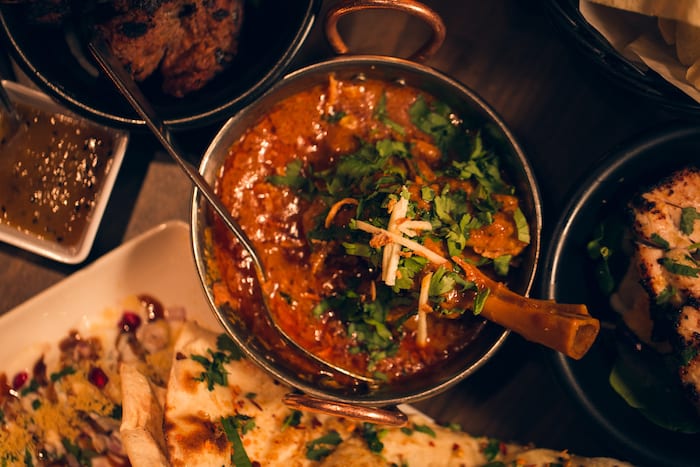
Beastro has similar worries about the impact asking for a deposit in advance would have on potential bookings.
“It is getting to the point that we may have to consider placing a deposit on bookings,” says James. “However, the worry is that unless it becomes industry-wide, it will reduce reservations received.”
Although taking pre-payment or deposits is the norm for most of the leisure industry, some of those in hospitality are nervous that following suit could put customers off making bookings.
“It will be a long while before this becomes the norm in the hospitality industry,” says Haz.
“It’s taken so long for us to even consider pre-payments etc. in line with other industries such as hotel and travel, but also because there is a genuine and valid concern about how deposits or pre-payments will affect bookings, especially for the independents who may not have the confidence or strength of brand and presence to dictate booking terms in the same way that the more destination establishments and the bigger names can.
“We’ll soon be trialling a new policy at our Manchester restaurant which will ask tables of all sizes to provide credit card details on booking and then review the effect this has on the number of bookings we receive against the benefit of what we hope will be a significant reduction in no-shows and cancellations.
“Alternatively, we may do as many London restaurants do and take no reservations at all, choosing to manage a walk-in and wait list instead.”
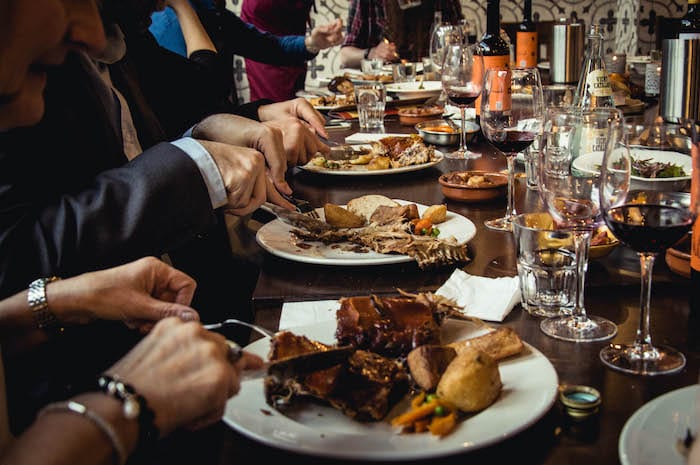
Lunya currently require card details for groups of eight or more and for special events, with a charge of £10 per cover taken off if customers don’t show or cancel within 24 hours. Owner Peter Kinsella finds their online booking system, ResDiary, actually helps reduce no-shows.
“By using our online booking system to the full, we have vastly reduced no-shows to a negligible level,” he says.
“Our experience has been to communicate clearly with our customers, and make it easy to cancel or change a booking in advance, and it works better for all of us. We also make it clear when someone books in their confirmation about the importance of telling us if things change, and the effect it has on us if there is a no show.”
Customers do need to realise the impact that no-shows are having on small businesses, and many hospitality professionals believe that pre-paid deposits should become standard across the industry, even if diners initially find it a bitter pill to swallow.
“Diners need to understand why some restaurants now ask for credit card details or a deposit on booking, and it needs to become standard industry practice,” says Thom.
“Sometimes you can’t honour a booking, and that’s fine, but just let the restaurant know! No-shows are killing the businesses of passionate people who are working their arses off trying to bring dining joy to us all. They’ve got to stop.”
- This article was last updated 7 years ago.
- It was first published on 28 February 2018 and is subject to be updated from time to time. Please refresh or return to see the latest version.
Did we miss something? Let us know: press@ilovemanchester.com
Want to be the first to receive all the latest news stories, what’s on and events from the heart of Manchester? Sign up here.
Manchester is a successful city, but many people suffer. I Love Manchester helps raise awareness and funds to help improve the lives and prospects of people across Greater Manchester – and we can’t do it without your help. So please support us with what you can so we can continue to spread the love. Thank you in advance!
An email you’ll love. Subscribe to our newsletter to get the latest news stories delivered direct to your inbox.
Got a story worth sharing?
What’s the story? We are all ears when it comes to positive news and inspiring stories. You can send story ideas to press@ilovemanchester.com
While we can’t guarantee to publish everything, we will always consider any enquiry or idea that promotes:
- Independent new openings
- Human interest
- Not-for-profit organisations
- Community Interest Companies (CiCs) and projects
- Charities and charitable initiatives
- Affordability and offers saving people over 20%
For anything else, don’t hesitate to get in touch with us about advertorials (from £350+VAT) and advertising opportunities: advertise@ilovemanchester.com
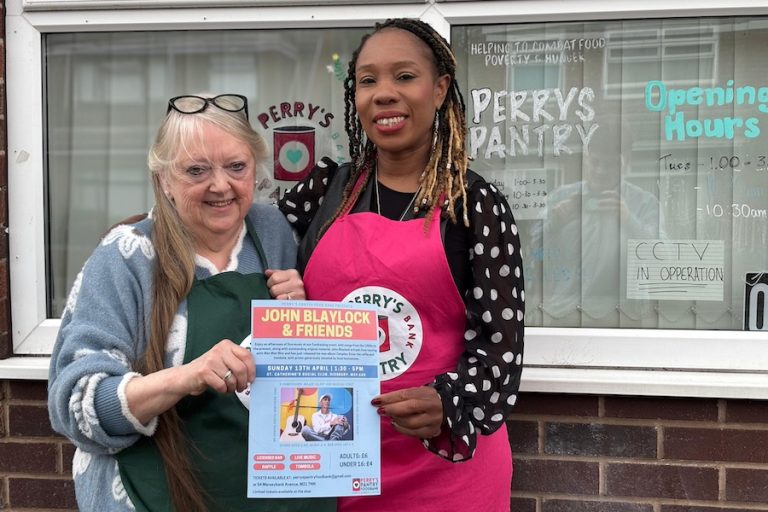

The eclectic group that’s been helping writers cut their teeth for 50 years

Review: Of Mice and Men at Bolton Octagon is ‘a moving tribute to Steinbeck’s classic’

“His presence will be deeply missed” Children’s hospice bids farewell to their visionary CEO

Has Gordon Ramsay created Manchester’s ultimate bottomless brunch?







